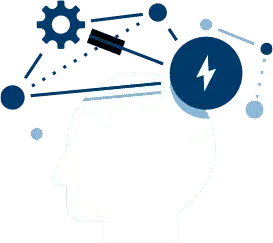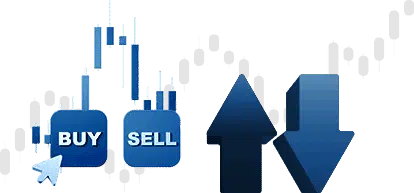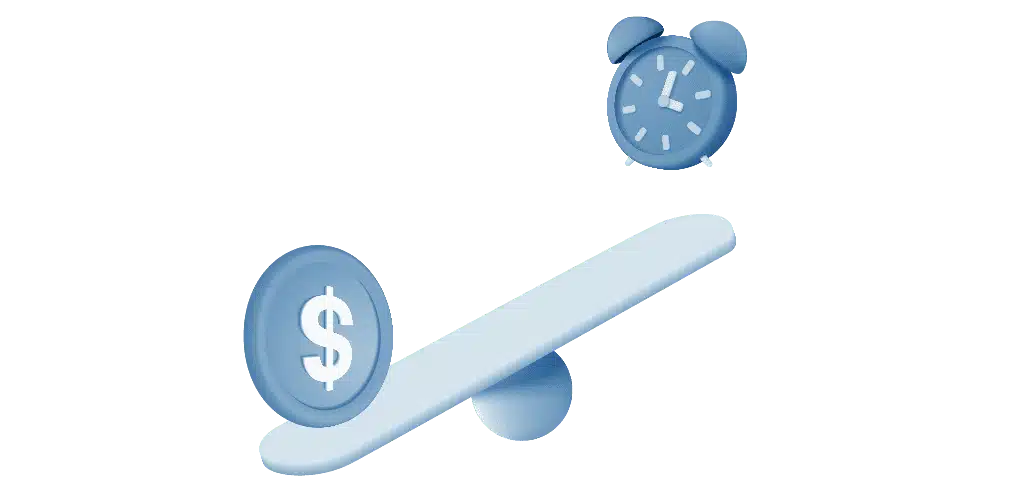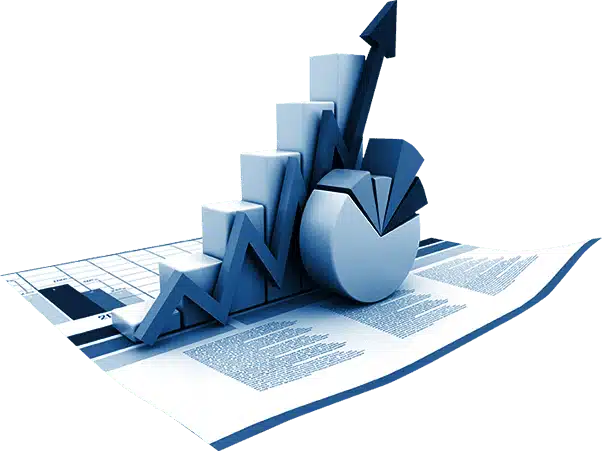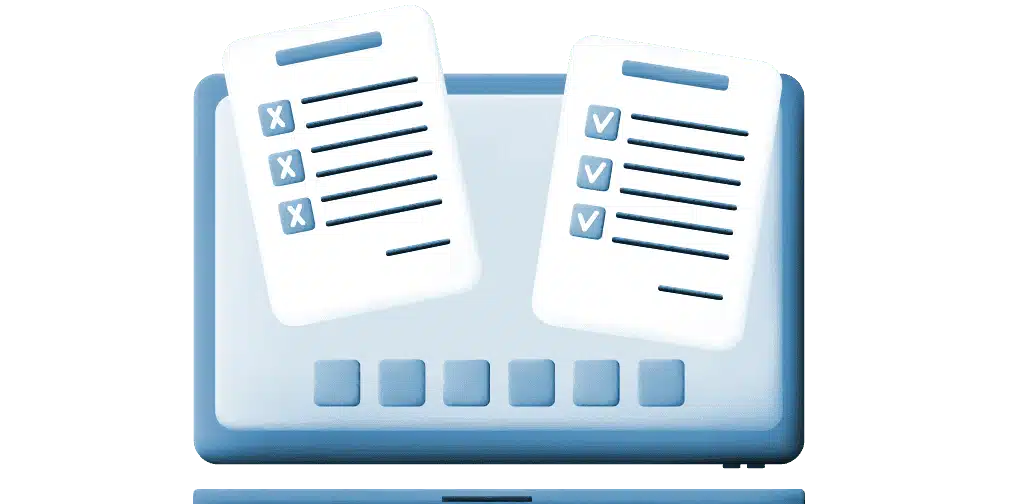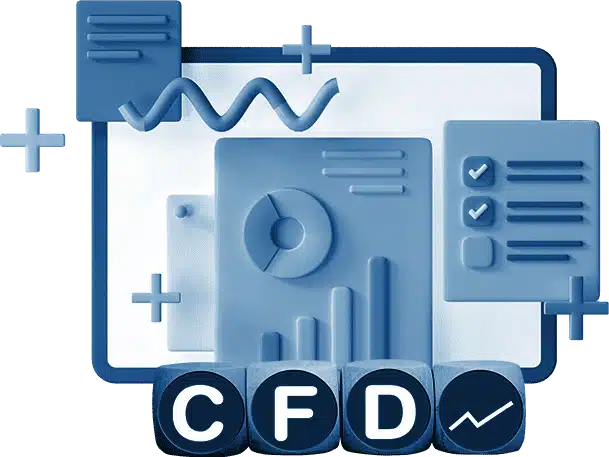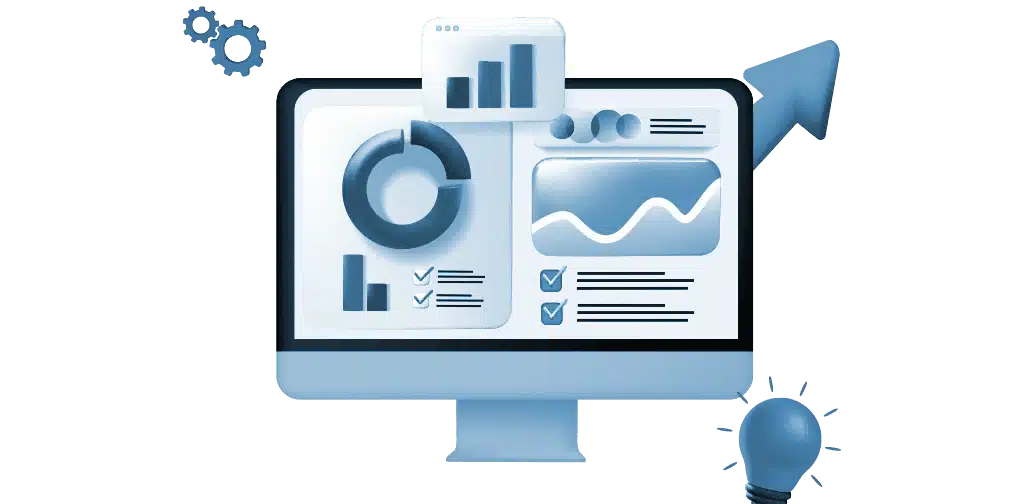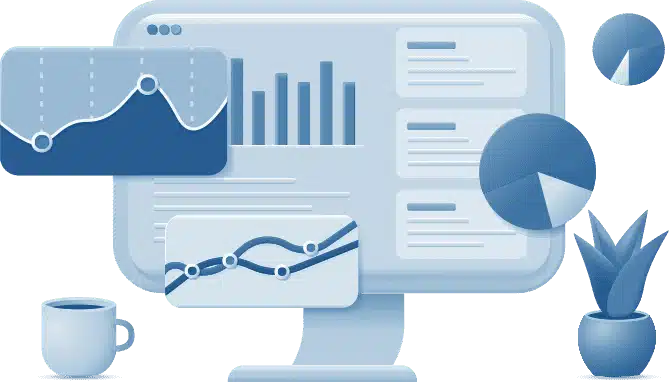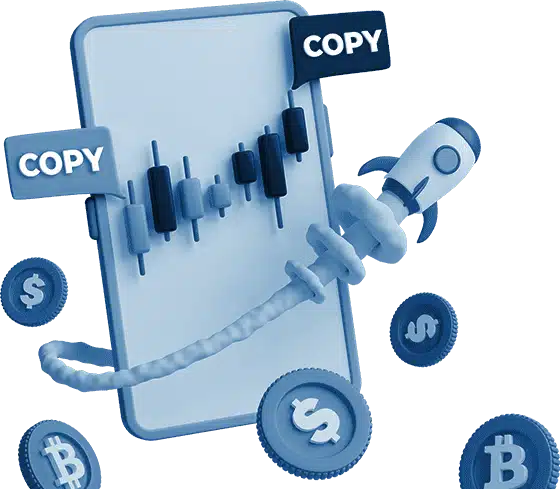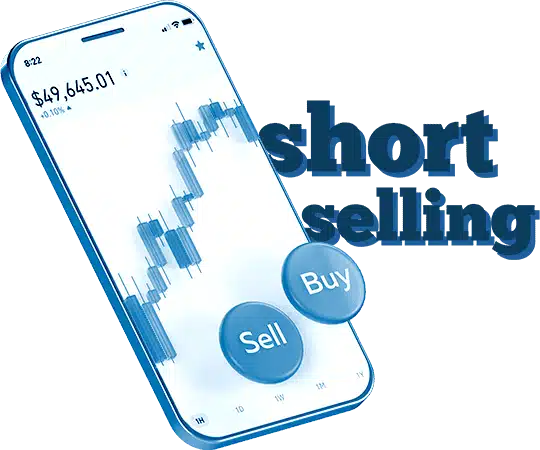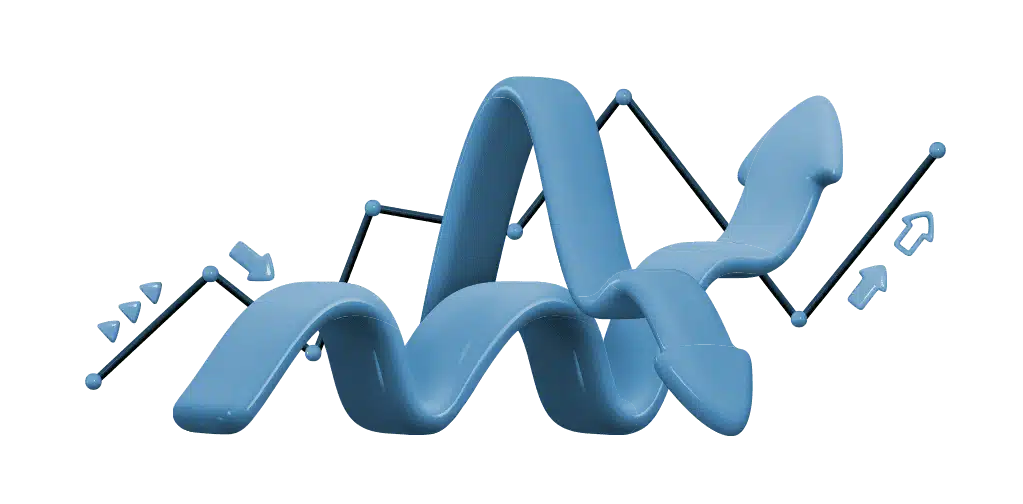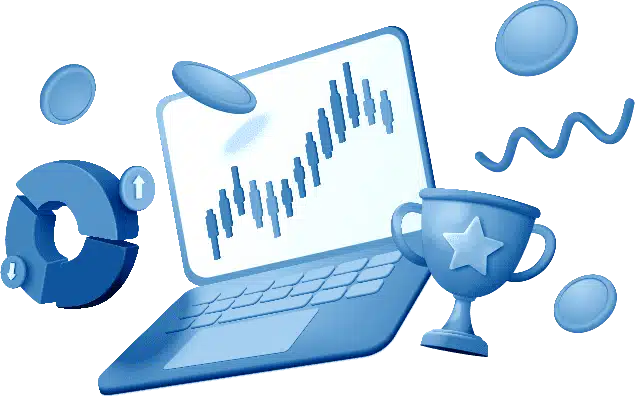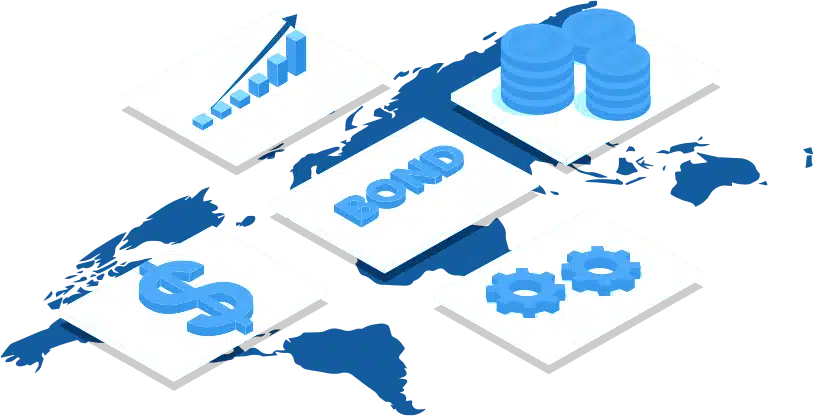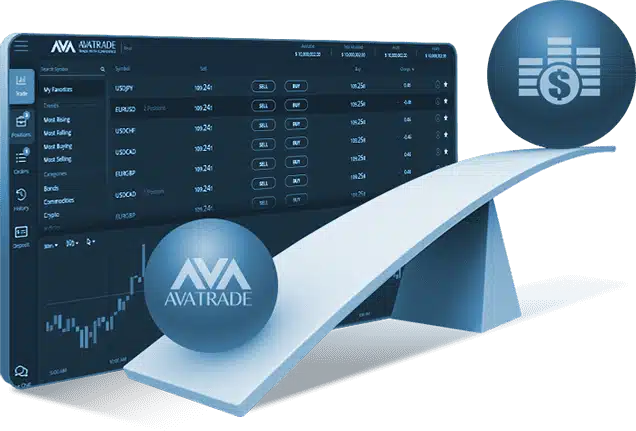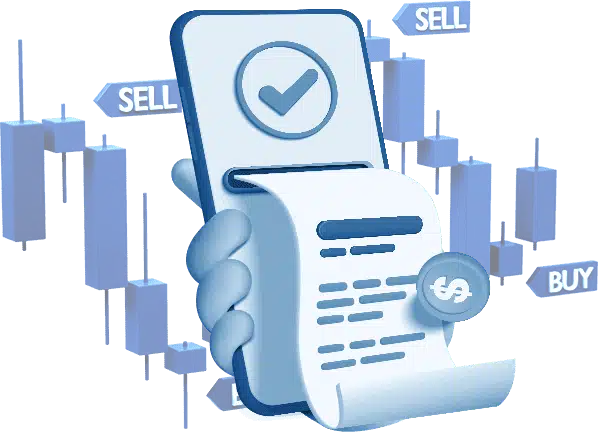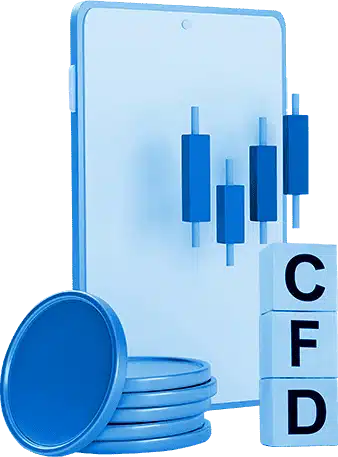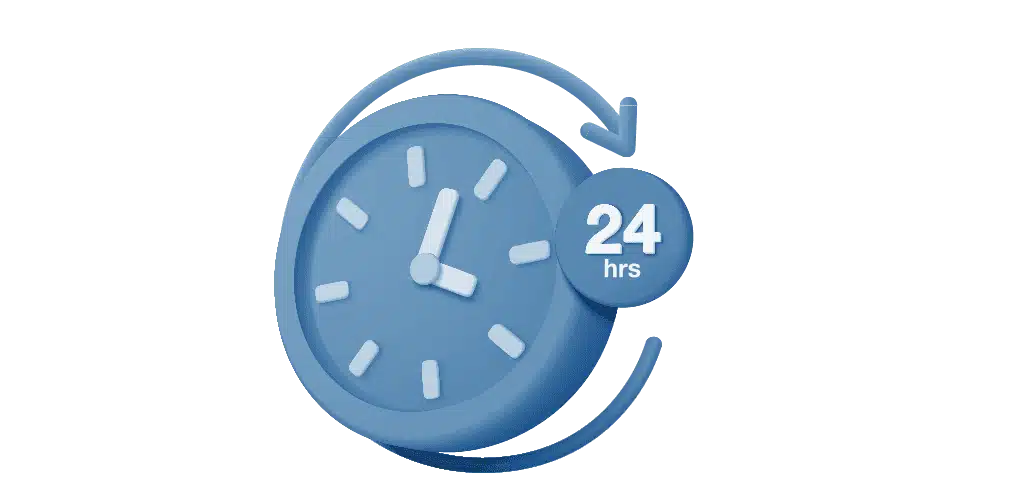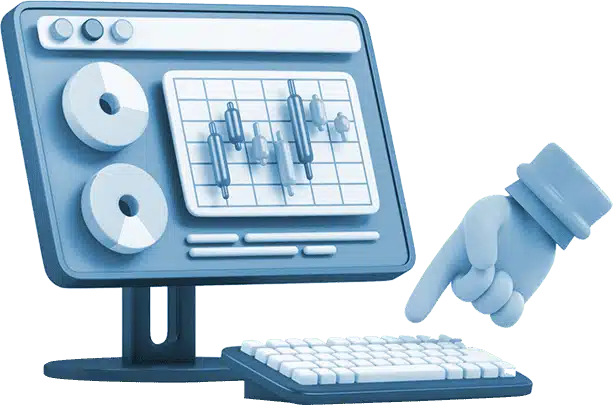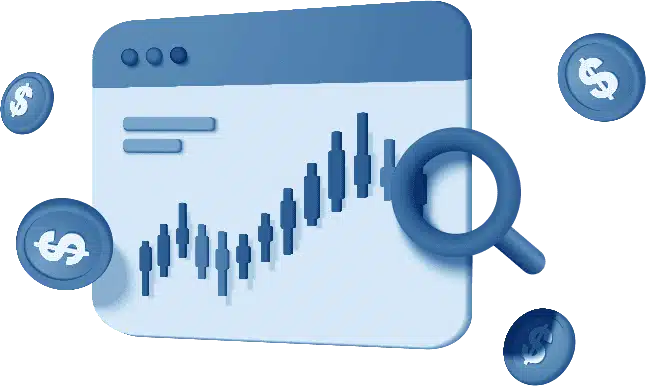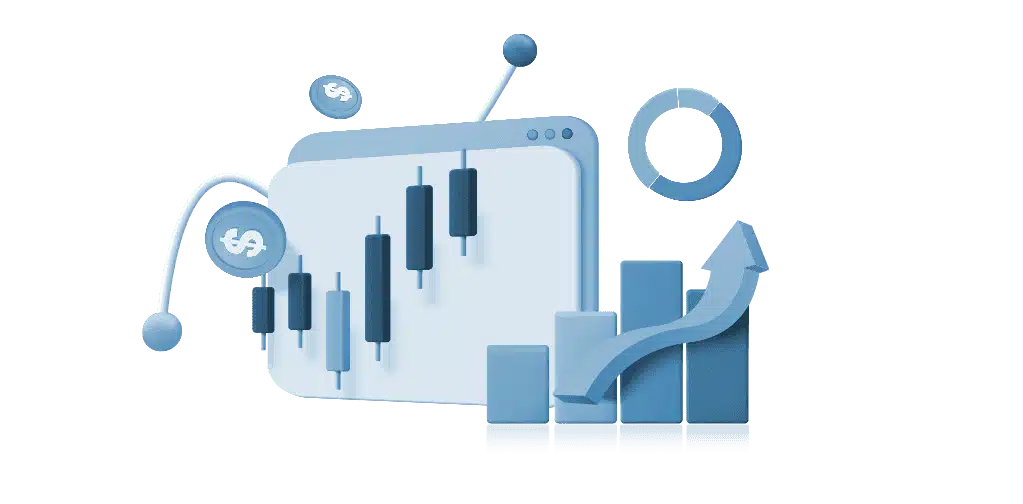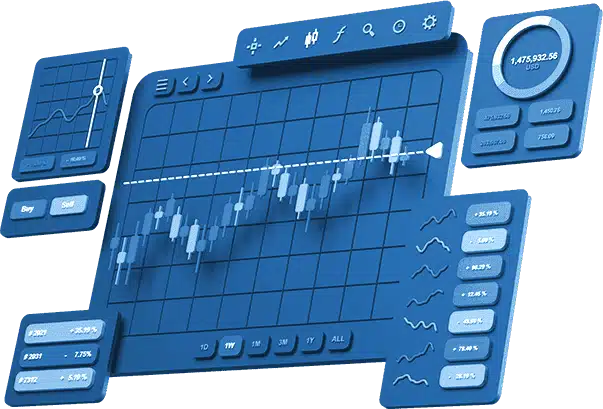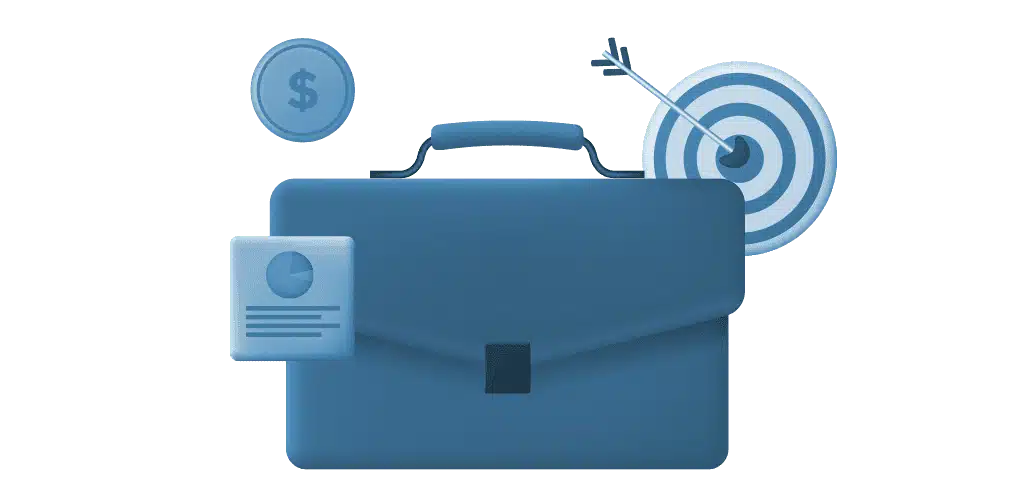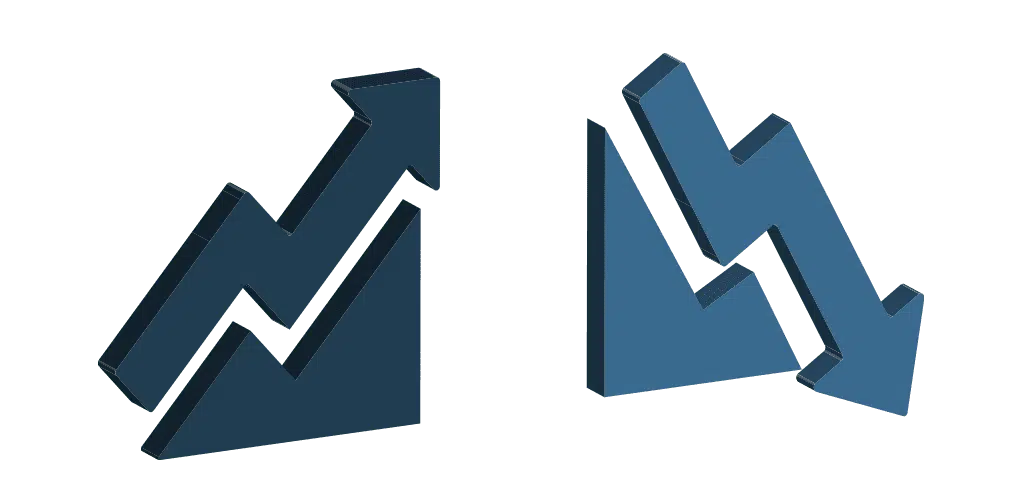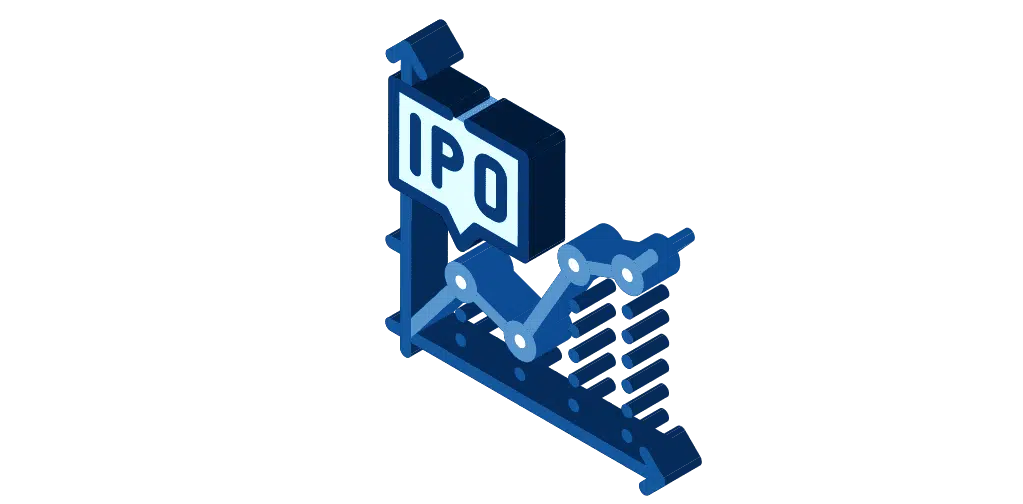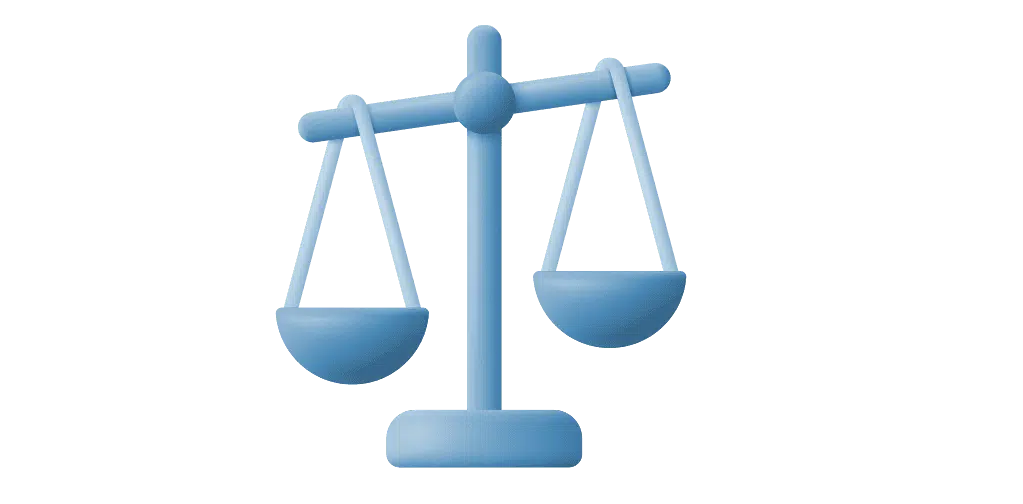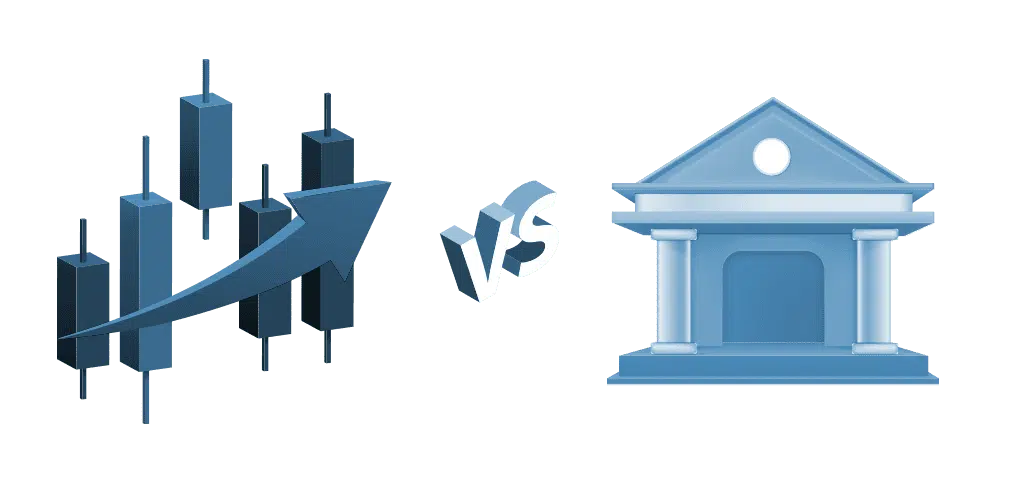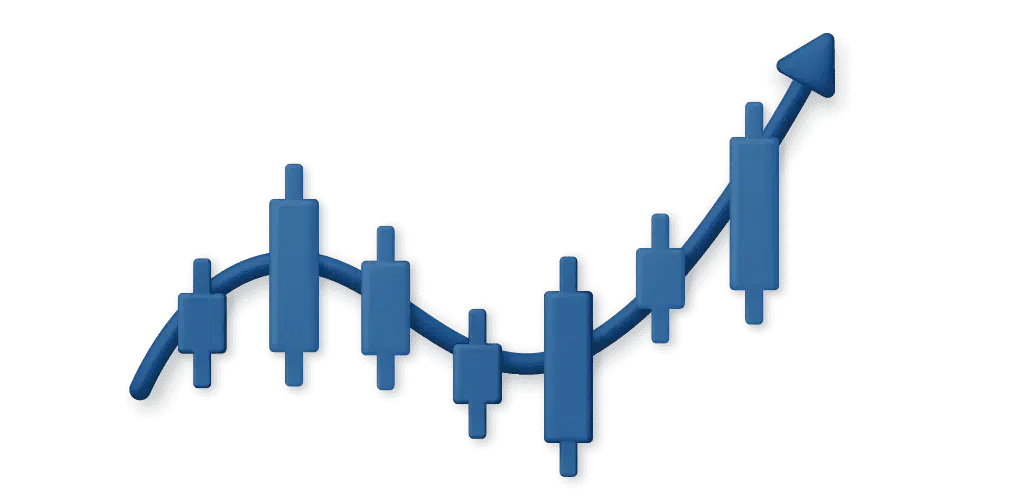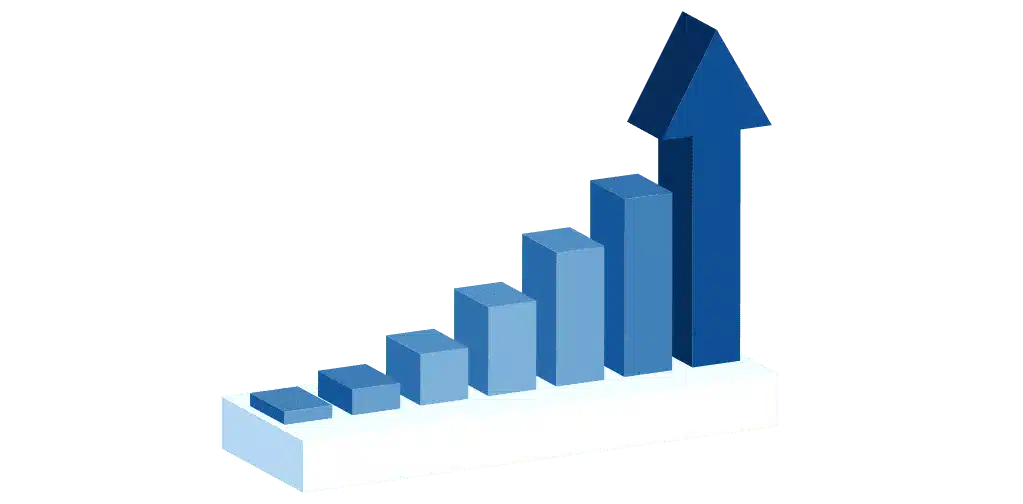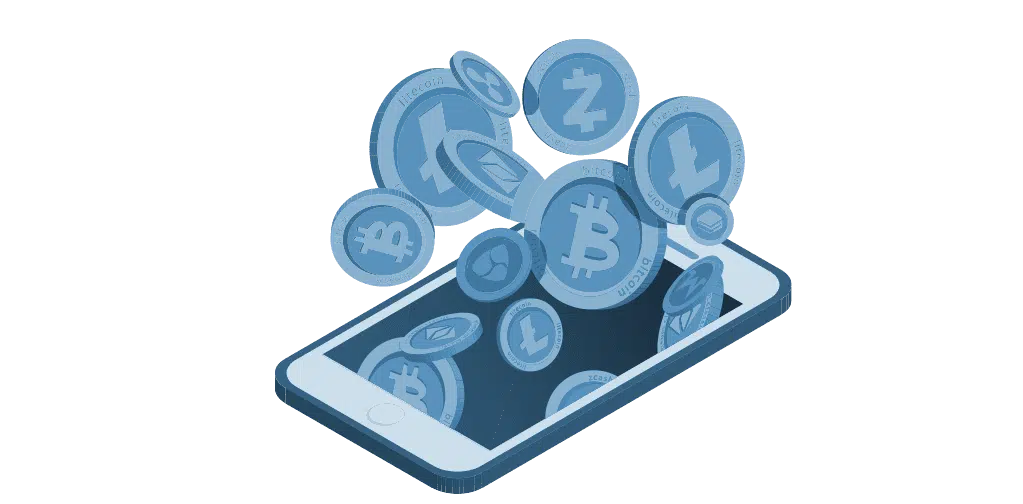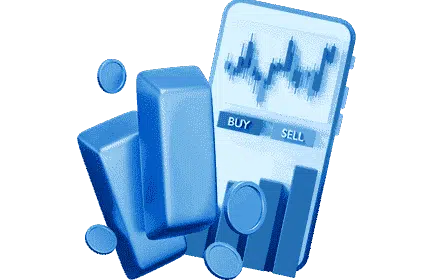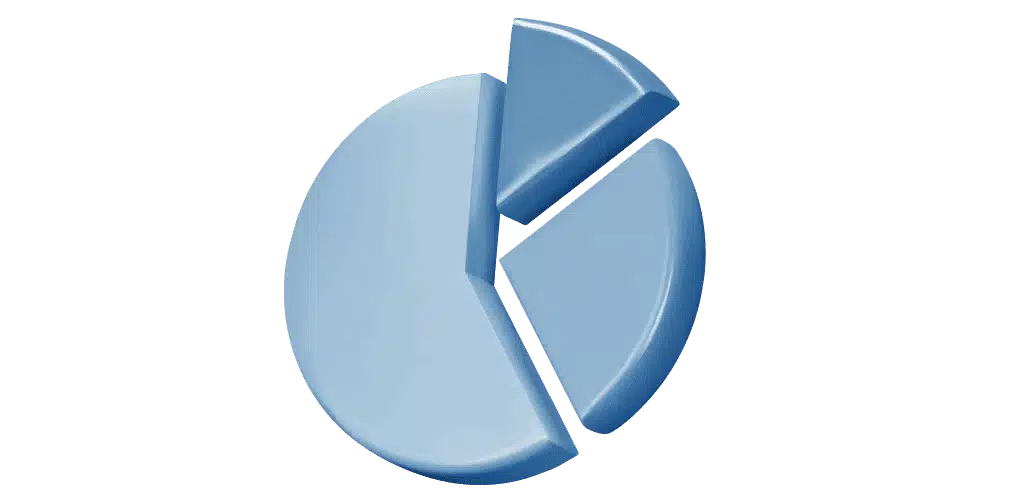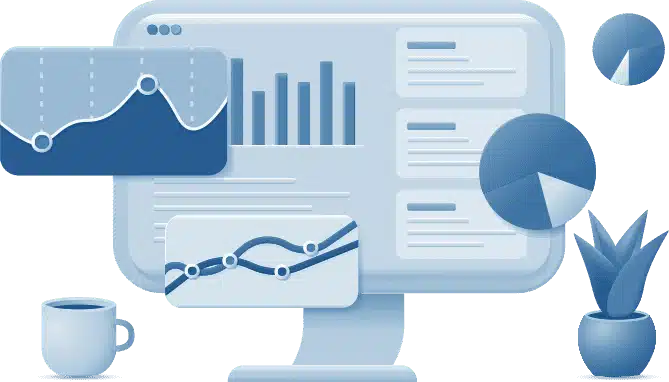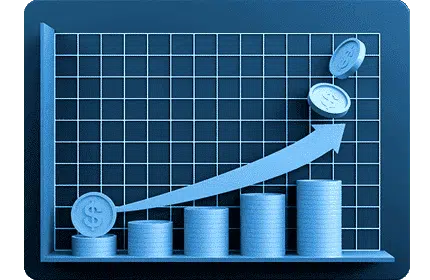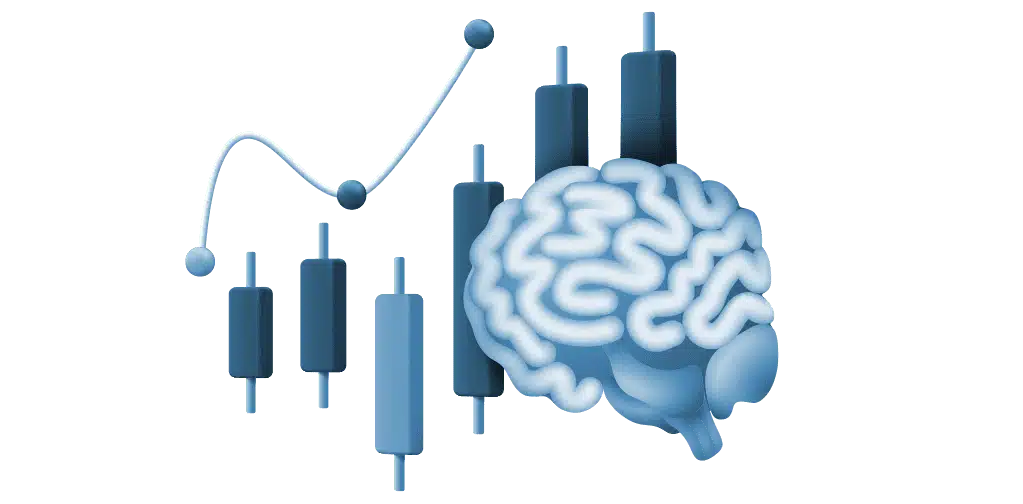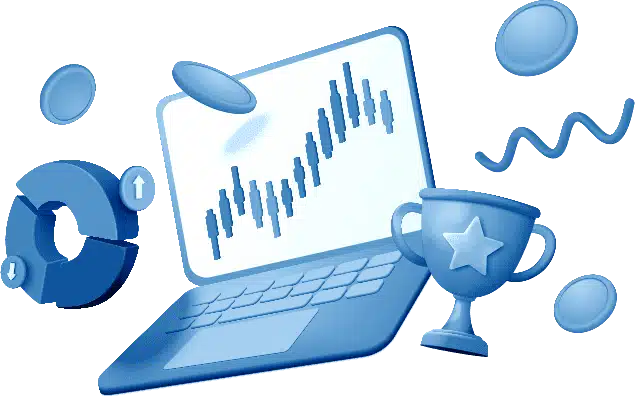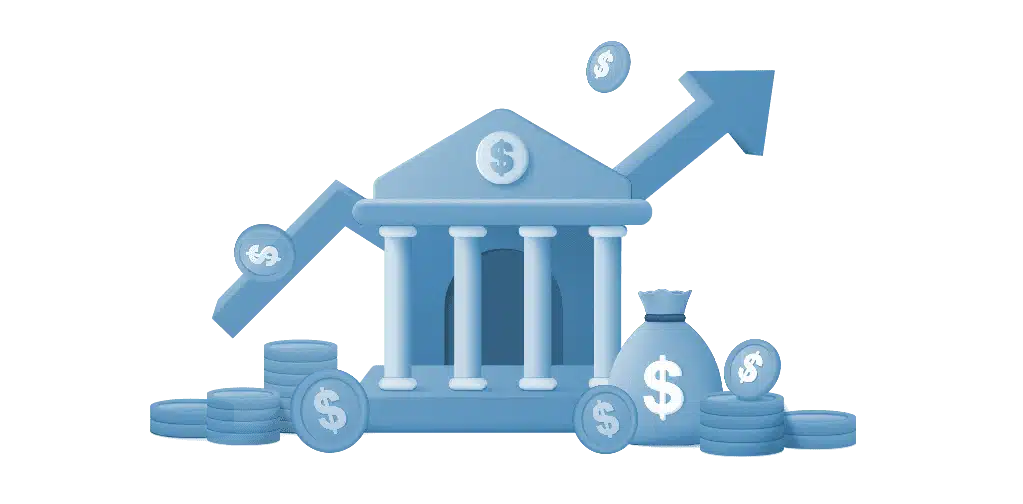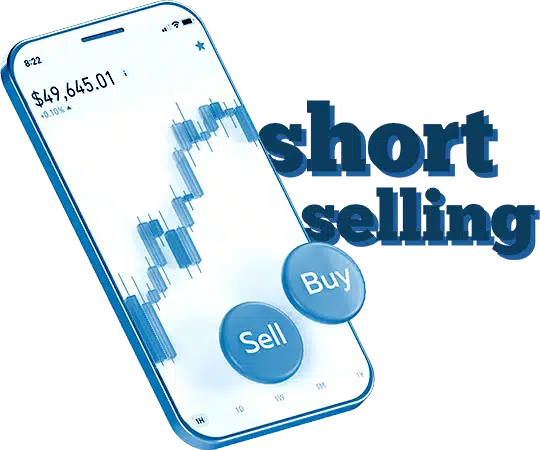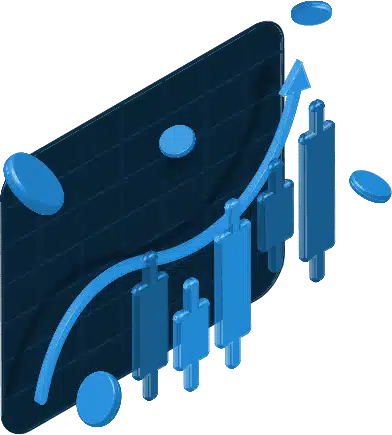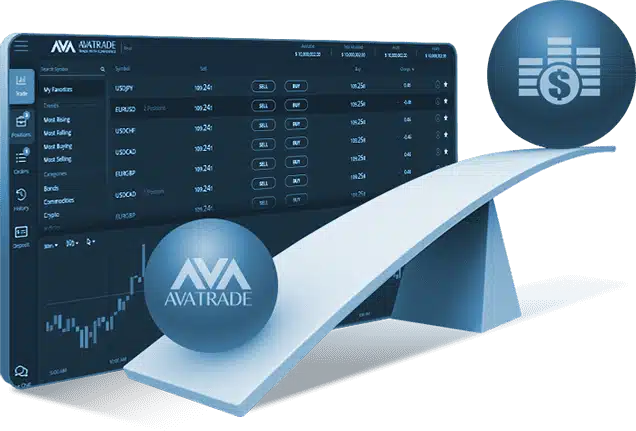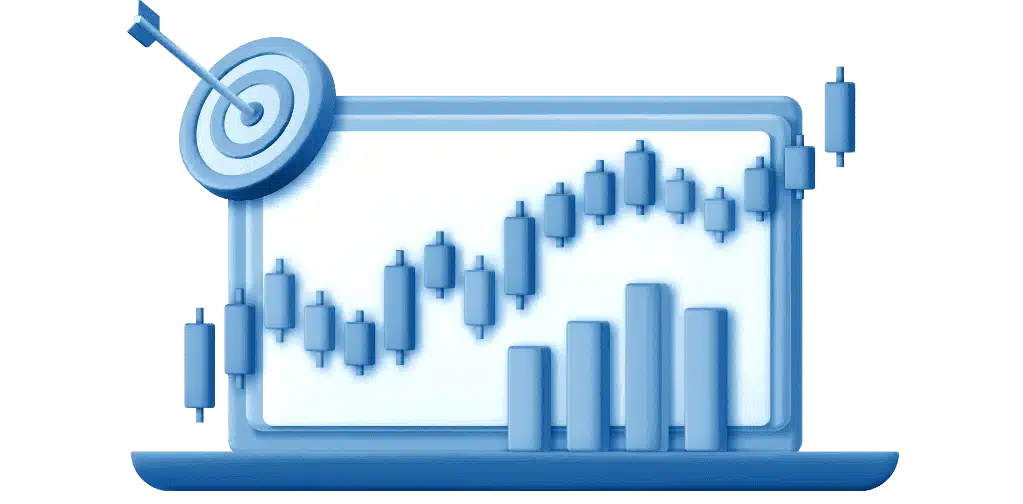
- Products
- Academy
- Trading Platforms
- MetaTrader 4
- MetaTrader 5
- Automated Trading
- AvaSocial
- DupliTrade
- Cryptocurrencies
- Trading Info
- Education
- Partners
- About
- Professional Trader
- AvaProtectTM
- Help
- Help
- Contact Us
- Chat with us
- FAQ
- WhatsApp WhatsApp
- CFD Trading: A Contract for Difference (CFD) allows traders to speculate on price movements without owning the underlying asset. It’s a flexible way to trade across different markets.
- Long and Short: Going ‘long’ means you buy expecting prices to rise. Going ‘short’ means you sell expecting prices to drop.
- Trading on Margin: This is when you borrow money to trade more than you could with just your own funds, which can make both wins and losses greater.
- Volatility: This refers to the degree of variation in the price of a trading asset over time. Higher volatility means higher risk but also potential for higher rewards.
- Risk Management: This is about understanding and managing the risks of your trades to try to reduce potential losses.
- Currencies: The Forex market is the most liquid market, allowing traders to buy and sell currencies.
- Stocks: This involves buying shares in companies and is known for the chance to make significant profits.
- Commodities: You can trade physical goods like Gold, Oil, and Crops.
- Indices: These are baskets of Stocks representing a particular market or a sector of the market, providing broad market exposure.
- Cryptocurrencies: Digital currencies that are known for their high volatility and potential for big returns.
- Choose a Broker: Pick a reputable broker like AvaTrade.
- Open and Fund a Trading Account: Set up your account online, which usually involves filling in some personal info and going through a verification process. Then, deposit funds into your account using one of the available methods.
- Select an Asset: Decide what you want to trade based on your research and analysis.
- Make Your Trade: Choose how much to buy or sell, decide if you’re going long or short, and then go for it.
- Monitor and Close the Position: Follow your open trade, close it when you reach your profit target, or decide to minimise losses if a trade goes against you.
LoginGLOBALEUTrading for Beginners
The information you need to start trading forex and CFDs with confidence
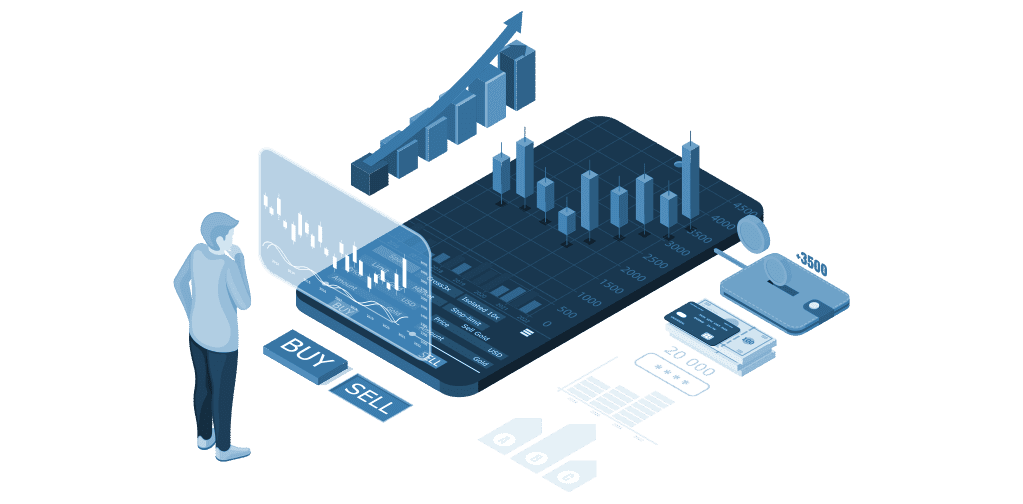
Why Trading Education Matters
Trading has become a key activity in the financial world, attracting people who want to make money from market changes.
Whether you’re planning to grow your wealth over time or you’re after quick profits, learning how to trade properly is super important.
This education gives you the tools and know-how to handle the ups and downs of the markets with confidence.
Jumping into trading without understanding the basics is like trying to sail without a compass. So, if you’re serious about trading well and making it work, you need a good trading education first.
So, What Is Trading?
Trading is essentially buying and selling assets like Stocks or Gold to make a profit. Unlike investing long-term, trading often involves short-term holding and frequently buying and selling based on periodic changes in the market.
This means traders must closely monitor market trends, economic news, and price changes. There are different markets available for trading, such as Stocks, Commodities, and Currencies, each with its own set of challenges and opportunities.
The main aim of trading is to make the most of these market ups and downs by buying low and selling high, or the other way around.
Why Traders Use Derivatives
Derivatives are types of investments based on the value of other assets. They have several benefits that make them popular among traders.
They allow traders to bet on prices moving up or down, which means you can make money whether the market is rising or falling.
They also allow you to control big amounts of money with just a little of your own cash, which can increase both your potential profits and losses. However, it’s important to understand the risks associated with derivatives, as you can also face big losses.
Key Trading Terms You Should Know
What Can You Trade?
Trading offers various assets across different markets, each with unique opportunities.
Trading vs Investing
Trading and investing are two different ways to approach financial markets.
Trading involves frequent buying and selling to take advantage of market volatility, usually over shorter periods. It requires active management and a solid understanding of market trends.
Investing, on the other hand, focuses on long-term growth, holding assets for longer periods to benefit from gradual increases in value. Each approach suits different financial goals and personalities.
Trading for Beginners: Where to Learn More
If you’re new to trading, it might seem overwhelming at first. However, resources like AvaAcademy, can help beginners learn the ropes through structured courses, webinars, and tutorials. They’re designed to turn you from a novice into a knowledgeable trader.
Your First Trade: How to Get Started
Why Trade with Us?
AvaTrade stands out as a top choice for beginners due to its comprehensive educational resources, user-friendly trading platforms, and commitment to providing transparent and fair trading conditions. Our multi-regulated environment ensures your trading is conducted in a secure and reliable setting, making AvaTrade the ideal partner for your trading journey.
Risks and Benefits Beginner Traders Should Know
Trading has its own set of risks and benefits that beginners should be aware of. Using leverage can greatly increase both profits and losses. Short selling lets you profit from falling prices but can be risky when the market is unstable. Market volatility can offer great opportunities but can also lead to big losses if not managed properly. However, with the right education and risk management, trading can be a rewarding experience.
Aspect of Trading Advantage Consideration Leverage Increases potential profits Requires careful management to prevent losses beyond initial investments Short Selling Allows profits from falling prices Potential losses are unlimited, as prices can theoretically rise indefinitely Market Volatility Provides opportunities to profit Proper risk management strategies are essential to handle sudden changes Diverse Trading Options Offers a wide range of choices Requires time to learn and make informed decisions Start your trading journey on the right foot—invest in your education and practice with a demo account today. Unlock the potential to make more informed and effective trading decisions!
![]()
![]()
![]()
![]()
![]()
![]()
![]()
![]()
![]()
![]()
![]()
![]() LOGIN TO YOUR ACCOUNT FORGOT PASSWORD
LOGIN TO YOUR ACCOUNT FORGOT PASSWORDStill don't have an Account? Sign Up Now
![Secure]() Safe and Secure
Safe and Secure![Secure]() Globally Regulated Broker
Globally Regulated Broker![Secure]() Safe and Secure
Safe and Secure![Secure]() Globally Regulated BrokerSIGN UP TO GET STARTED Get $10,000 to your demo account now!
Globally Regulated BrokerSIGN UP TO GET STARTED Get $10,000 to your demo account now!Already have an account? Log In
![Secure]() Safe and Secure
Safe and Secure ![Secure]() Globally Regulated Broker
Globally Regulated Broker
- MetaTrader 4
